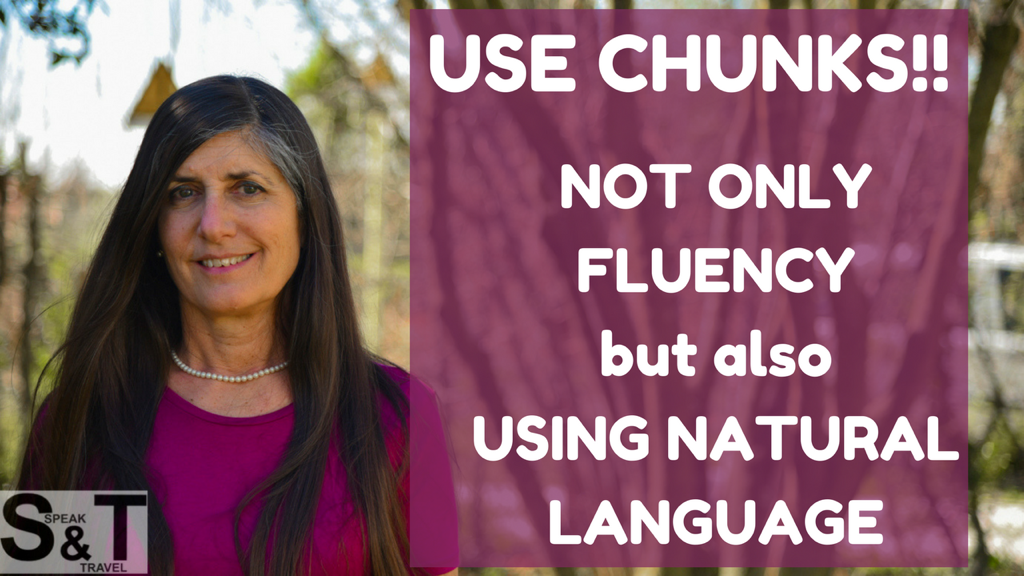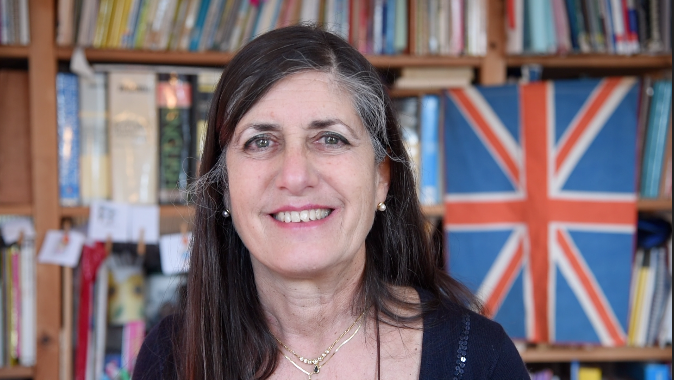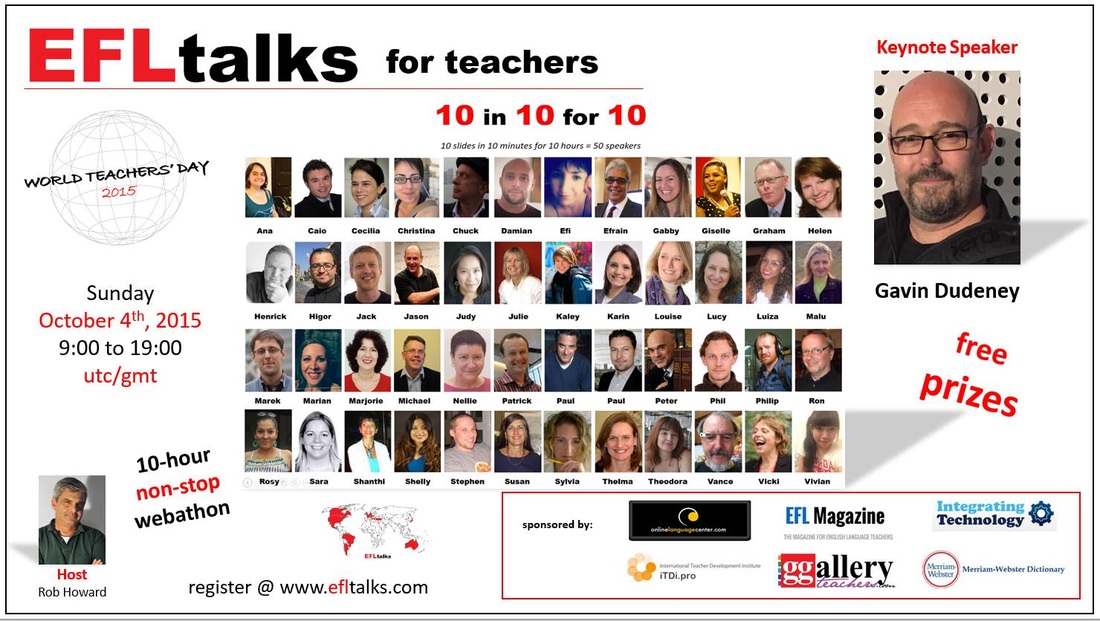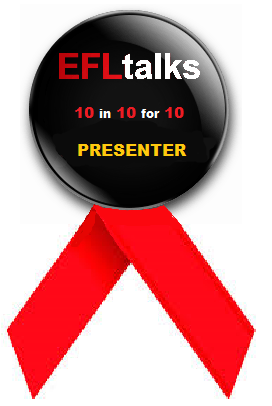|
International venues are the perfect place for you to practise your English & for me to discover mistakes which I can teach my students to avoid. Today I'm at the European Inline Speedskating Championships in Portugal & the speaker is doing an excellent job of introducing the skaters and cheering them on, giving us the results in a variety of languages, the main one obviously being English. He speaks it very fluently and comprehensibly but makes mistakes because he sometimes thinks in his own language and uses the wrong collocations. As we were leaving the track, for example, he kindly wished us, "Make a good lunch!" Now MAKE LUNCH means to prepare it whilst he almost certainly meant, "Have a good lunch", because HAVE LUNCH means to enjoy lunch. So it's very important to learn chunks of language to sound as natural as possible. Chunks can also be longer groups of words which are always used together. When you read, listen to native speakers and watch films, observe the sentences which are used repeatedly together and learn to use them so you sound natural. Chunks are like Lego pieces of different colours, sizes & lengths. You can build them together in various combinations but you will always sound more natural than if you translate. Take my word for it, use chunks to sound more natural! I hope these tips were useful for you! Write some chunks in the comments box below for others to learn. Your English fluency guide, Susan
0 Comments
Leave a Reply. |
Categories
All
Would you like regular English learning & teaching ideas? Subscribe to my blog so you don't miss a post!
AuthorMy name is Susan Brodar, born in London into a multilingual family and brought up bilingual English / Italian. Archives
December 2018
|





 RSS Feed
RSS Feed





